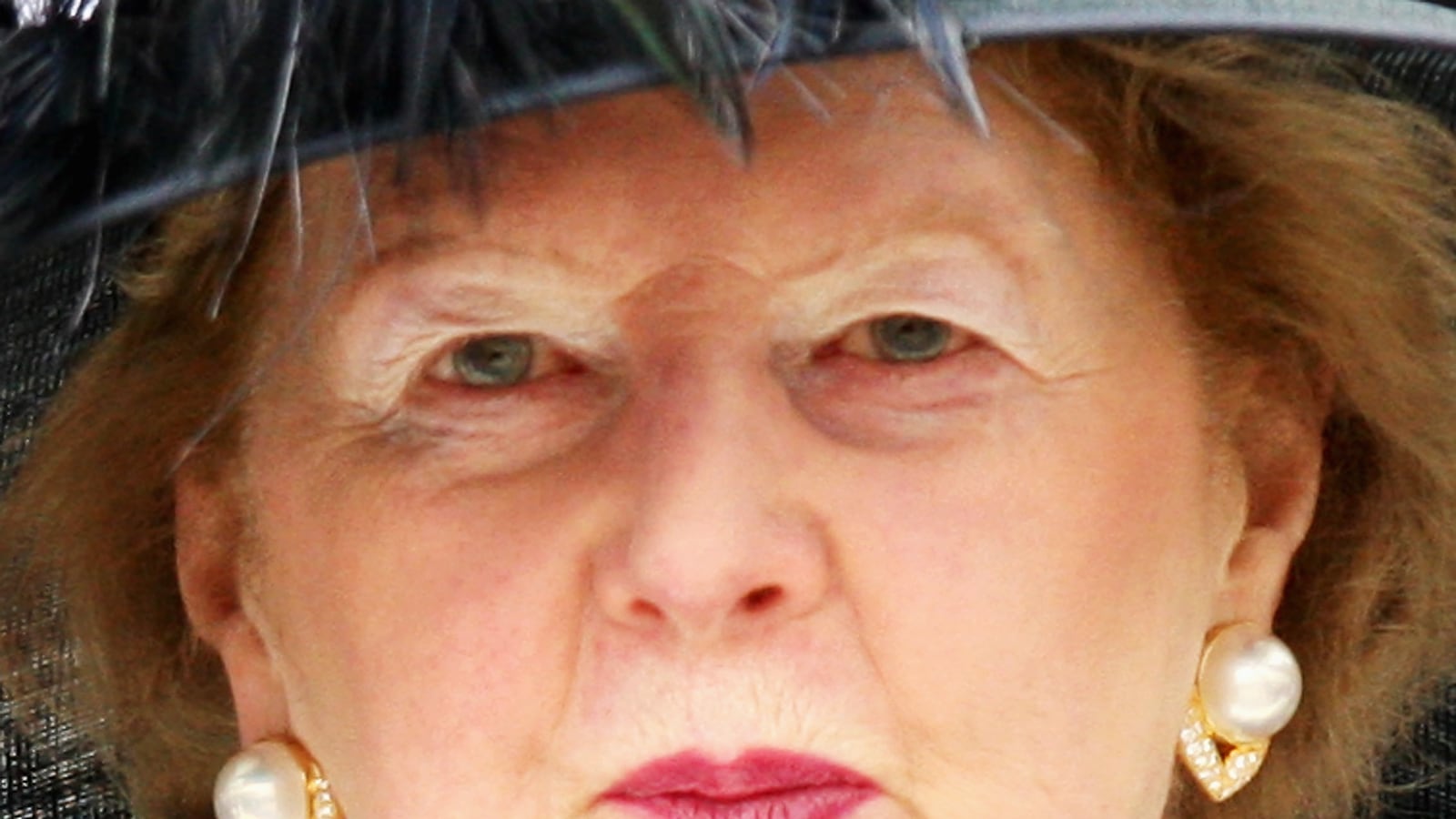
The authorized biographer of Margaret Thatcher, Charles Moore, published an advance glimpse of his work in Vanity Fair two years ago:
[S]he won the big arguments. She argued that inflation was a disease of money that could be cured by controlling the growth of the money supply alone, without suppressing incomes. During her premiership, inflation fell from a high of 27 percent in 1975 to 2.5 percent by 1986.
She believed that the political power of British labor unions had strangled enterprise and placed the country at the mercy of unelected barons. When she removed the legal immunities that protected unions from the financial consequences of their actions and overcame a yearlong strike organized by the hard-left leadership of the coal miners’ union, the employee days lost to strikes each year fell from 29.5 million in 1979 to 1.9 million in 1986.
She said that taxes were too high and brought the top rate down from 98 percent to 40 percent. She declared that the state should not be running British business and led the world in “privatization”—a word she found ugly but a concept she loved—selling off airlines, airports, utilities, and phone and oil companies to the private sector. In every case, her critics said that it could not be done. Yet, for better and for worse, she did it.






